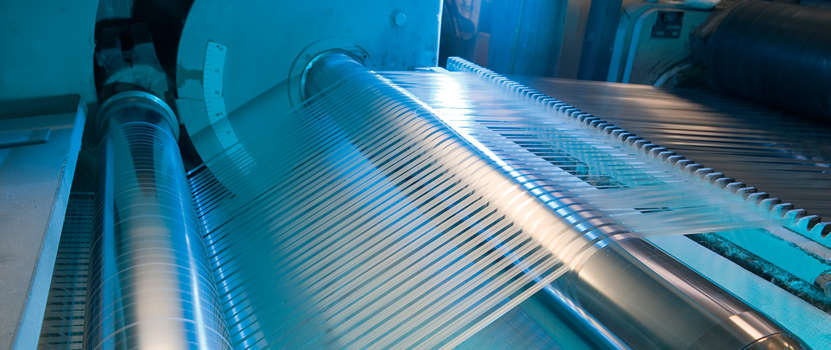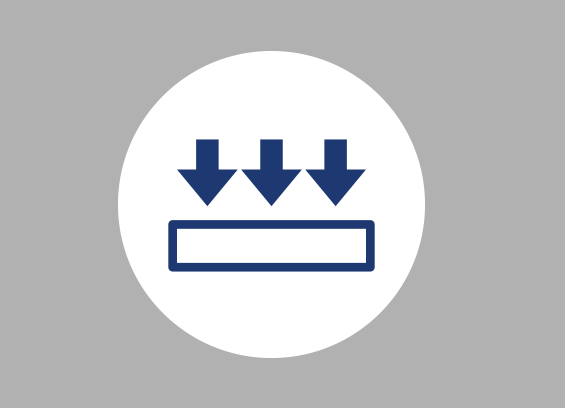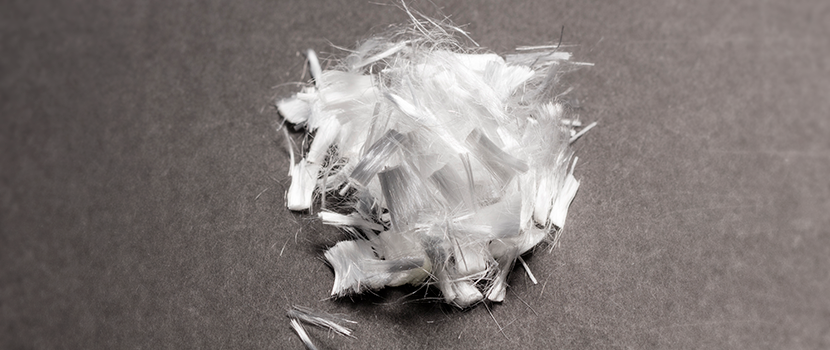Danish Fibres > Technical Fibres > Refrac

Refrac
Advantages
Increased crack control
Increased impact resistance
Improved high-temperature casting
Reduced risk of explosion
Reduced wastage of failing products
Reduced CO² emission
Applications
- Bathroom fittings of porcelain
- Fire bricks for high and low temperature ovens
- Fire-retardant materials
- Clay products, e.g. bricks and tiles
- Medical prostheses
Product description
Wiking® Refrac are round monofilament fibres made of 100% virgin polypropylene, especially developed for enhancing the performance of fireproof materials – both in terms of casting and long-term durability.
Improved performance during high-temperature casting
When added to the refractory mix, Wiking® Refrac Fibres will disperse and form a three-dimensional matrix, creating microscopic capillary canals through which moisture and steam can easily escape during firing/casting. Thereby, the formation of cracks caused by thermal stress is reduced.
Also, the fibres will increase the cohesion of the refractory mix, securing long-term resistance to external impacts and stress.
Thermal properties
Wiking® Refrac Fibres have a low melting point. The fibres will therefore shrink and melt away quickly during high-temperature casting, whereby the capillary canals are formed. This means that the porosity of the refractory material will increase early during firing to prevent any explosion or cracking caused by thermal stress.
Chemically and biologically resistant
Unlike all other synthetic fibres on the market, polypropylene fibres are resistant to both acids and bases. Hence, Wiking® Refrac Fibres will extend the durability of fireproof materials. Moreover, the fibres do not rot and have a natural ability to withstand attacks by insects and microorganisms.
Flexible production to your needs
Wiking® Refrac Fibres are manufactured in accordance with customer requirements. The fibres are available in thicknesses 15-110 micron and in various lengths, and special coating is also a possibility.
Specifications
- Tensile strength: 2.5-8.0 cN/dtex
- Elongation: 30-180%
- Crimp/10 cm: 50-70 curves
If textures
- Shrinkage: <3-4% – At 130°C/10 minutes
- Max. Fixation Temperature: 130°C
- Softening Temperature: 150°C
Find more information on the product in the data sheet.
Data sheets
Download data sheets in PDF to get more information about each type of our Wiking® Refrac Fibres.
Wiking® Refrac

About us

Technical fibres
